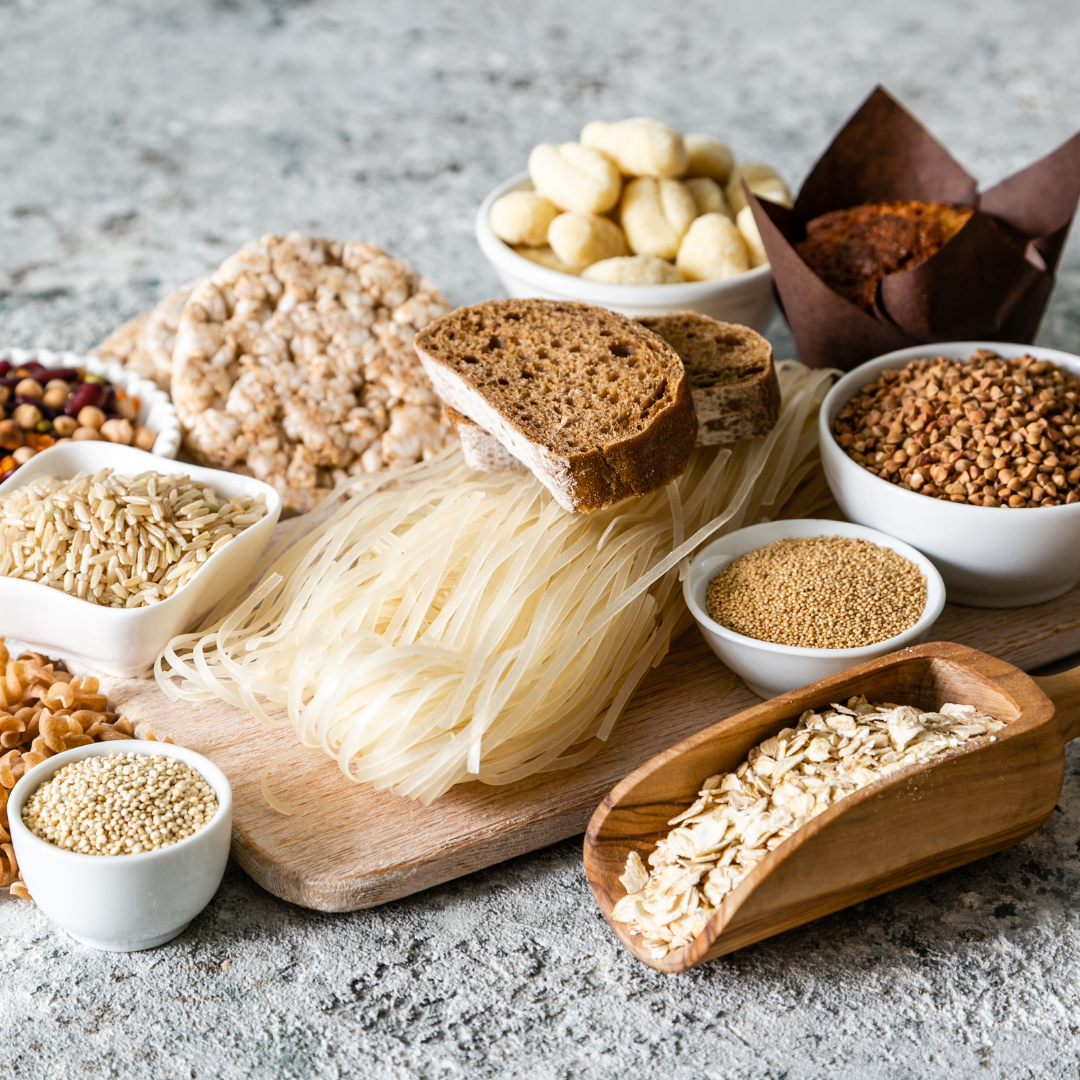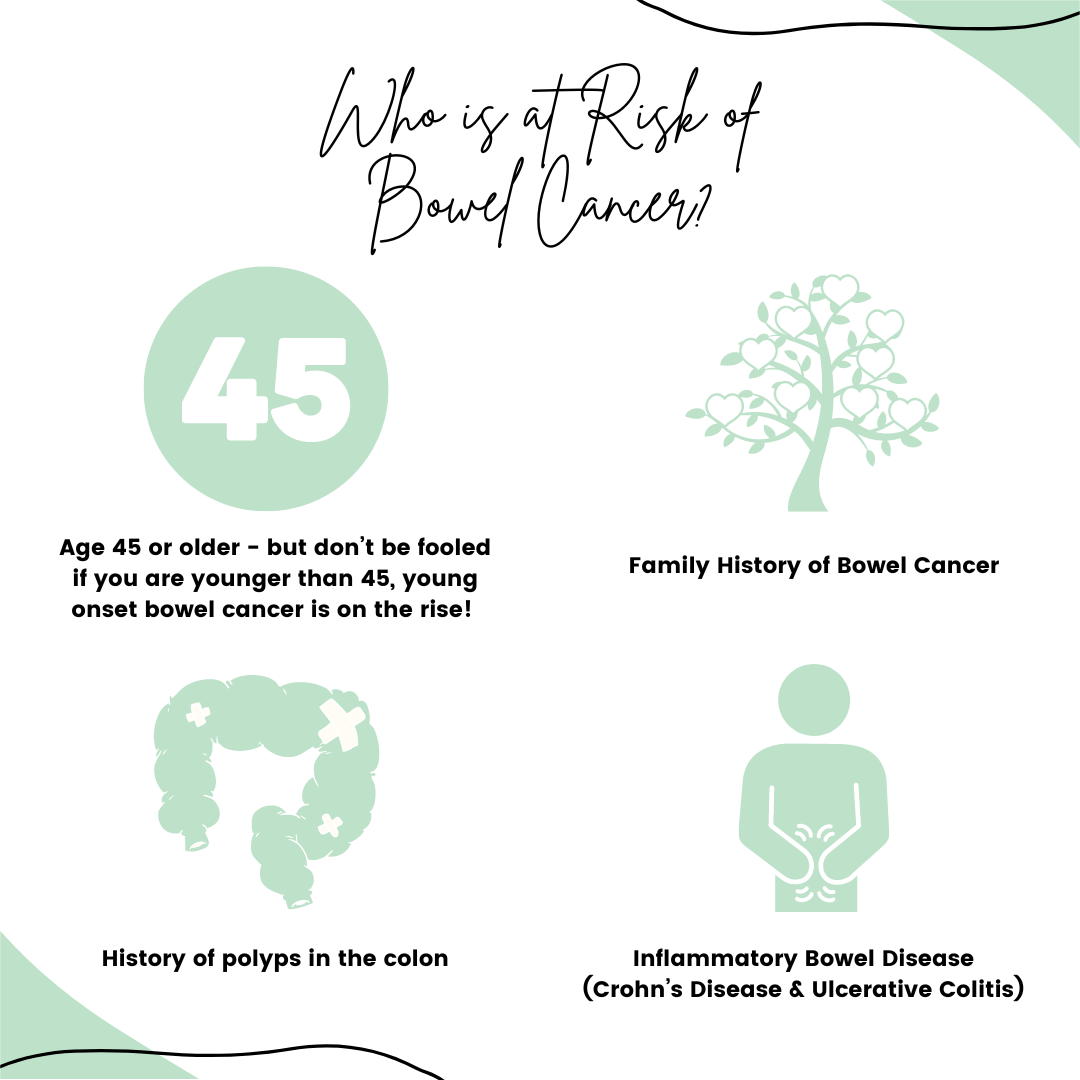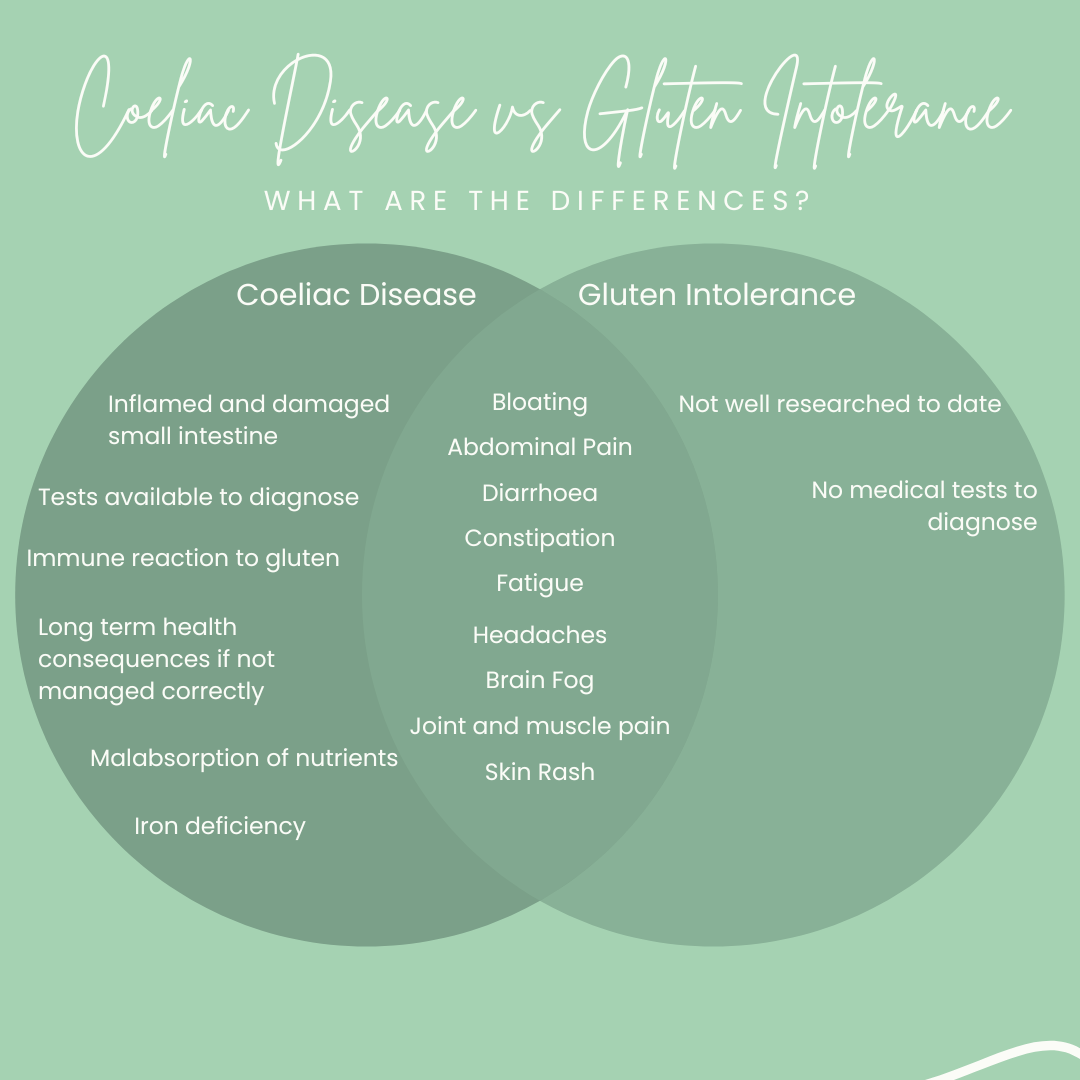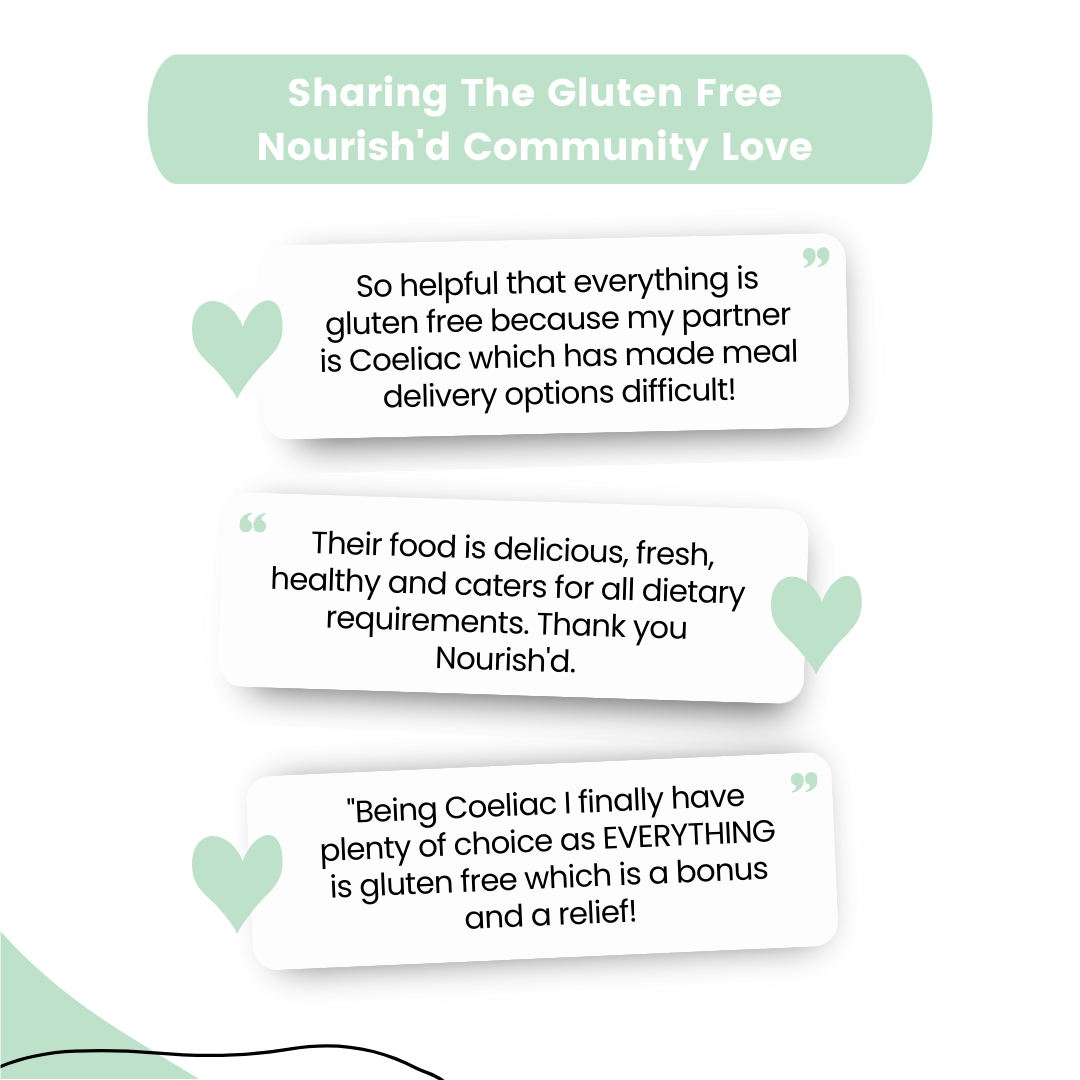If you are someone who experiences bloating, pain, altered bowels, or fatigue after eating gluten, you’re not alone! It’s estimated that approximately 11% of Australians are following a gluten-free diet. There are many reasons why someone chooses not to consume gluten including, diagnosed coeliac disease, gluten intolerance (AKA non-coeliac gluten sensitivity), Irritable Bowel Syndrome, or functional dyspepsia. Today we are going to explore the differences between coeliac disease and non-coeliac gluten sensitivity.
But firstly, what is gluten?
Gluten is a naturally occurring protein found in:
- Wheat
- Rye
- Barley
- Oats.
Therefore, it is found in many commercial food products worldwide.

Coeliac disease is an immune-based condition where the body responds abnormally to gluten. When someone with coeliac disease eats gluten, the autoimmune reaction causes inflammation and damage to the small bowel. This inflammation and damage mean the bowel is unable to absorb many nutrients properly.
If you are diagnosed with Coeliac Disease, the only treatment is a strict gluten-free diet. Even cross-contamination is not safe. If a strict gluten-free diet is not followed, it can lead to long-term health consequences such as chronic inflammation, poor nutrition from malabsorption of nutrients, and an increased risk of bowel cancer.

Gluten Intolerance (AKA Non-Coeliac Gluten Sensitivity) can have similar physical symptoms to Coeliac Disease such as bloating, abdominal pain, altered bowels, fatigue, and headaches. However, there are currently no medical tests to diagnose Non-Coeliac Gluten Sensitivity as it is not as well researched to date compared with Coeliac Disease. The diagnosis is a matter of excluding coeliac disease, wheat allergy, and other possible conditions before it is made. It’s important to rule out coeliac disease and undergo a proper diagnosis to minimise the long-term health consequences that coeliac disease can have if not managed correctly.
So, what are the differences between Coeliac Disease and Non-Coeliac Gluten Sensitivity?
The two conditions share many similarities including:
- Bloating
- Abdominal Pain
- Diarrhoea
- Constipation
- Fatigue
- Headaches
- Brain Fog
- Joint and muscle pain
- Skin Rash
However, there are some differences between the two! See the below infographic to spot the differences.

Worried that Gluten Free meals won’t taste as delicious as gluten-filled meals?
One thing you will find when eating gluten free is that you really don’t need to miss the gluten-filled recipes you used to love! At Nourish’d, we make our meals with whole-health fuelled substitutes so you get a nutrient packed alternative with no fillers.
Don’t just take our word for it though, see it for yourself! We’ve put together a list of reviews from some of our Coeliac and Gluten Free warrior customers below!

If you are someone following a Gluten Free diet, explore our range of gluten-free and 100% preservative-free meals here https://nourishd.com.au/menu
For more information on Gluten Intolerance vs Coeliac Disease, please visit the following resources:
Coeliac Awareness Week - https://nourishd.com.au/blogs/blog/coeliac-awareness-week
The Gluten Free ‘Fad’ - https://nourishd.com.au/blogs/blog/that-gluten-free-fad
June is Bowel Cancer Awareness Month - https://nourishd.com.au/blogs/blog/june-is-bowel-cancer-awareness-month



.png)